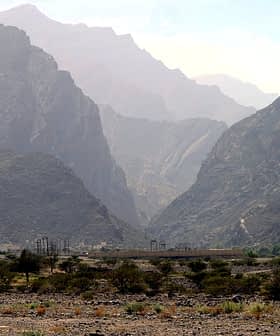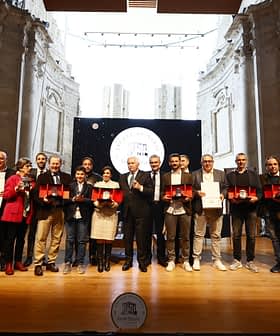An ambitious project is underway in northwestern Sardinia to renew abandoned olive farms in Surigheddu and Mamuntanas on the outskirts of Alghero.
We must aim at increasing the production of Sardinia PDO extra virgin olive oil to safeguard, recover and increase the richness and attractiveness of the rural landscape.
The recovery project, which is the only one in Sardinia, is spearheaded by Filiera Olivicola Sardegna and its president, Tore Piana.
“Our innovative proposal for social agriculture would put an end to 30 years of abandonment of more than 55 hectares of regionally-owned olive groves,” Piana said.
The project is divided into three phases. The first phase involves collecting data about the olive groves in the area to help understand the extent of the challenge before the actual reclamation starts.
See Also:Social Farming Initiatives in Italy Focus on Environment, InclusionThis will be followed by incentivizing young people and women in the region to become involved in olive growing. Finally, Filiera Olivicola Sardegna will create a sustainable network for producing, marketing and promoting the resulting olive products.
“Those olive groves have unique historical and landscape characteristics, and by focusing on those with a high environmental value and high production potential, it will be possible to structure a program to involve certain categories in training and technical assistance activities that lead to the creation of new entrepreneurs,” Piana said
“We must aim at increasing the production of Sardinia PDO extra virgin olive oil to safeguard, recover and increase the richness and attractiveness of the rural landscape,” he added.
Piana and the Filiera Olivicola Sardegna’s board of directors are hoping that the town of Alghero and the regional government on Sardinia will approve the proposal and allow fundraising efforts to get underway.
Piana hopes to raise €480,000 and hire 20 workers to help get the project underway and return the two regions to the prosperity they enjoyed in the late 19th and early 20th centuries.








